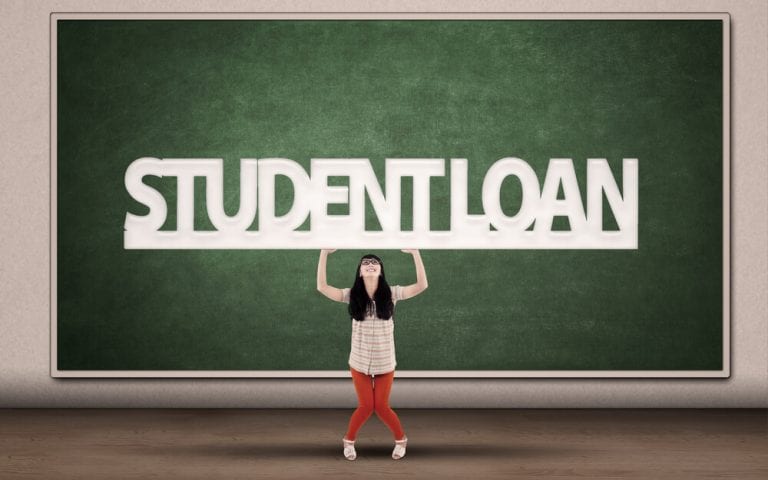Help For Student Loan Debt
I graduated from college four years ago. I was current on my student loan payments for three years, but last year I lost my job and have been unable to find a new one. I want to pay my student loans, but I don’t have the money. What are the consequences of defaulting, and what are the options for someone in my situation?
If you default on a student loan several things happen… all bad:
The maturity date of the loan is accelerated so the full amount is due immediately. You will not be eligible for deferment or forbearance. You will no longer be eligible for financial aid. Your future wages can be garnished. Fees, collection costs, and higher interest rates can be added, which will increase the cost of the loan. The default will be reported to credit bureaus, which could hinder credit applications in the future. The loan may be turned over to a collection agency. You could be sued for the entire amount of the loan. Federal and state income tax refunds can be withheld and your future wages could be garnished.
If you are having problems paying your student loans, you have several options including: changing repayment plans, deferment, forbearance, cancellation andconsolidation.
Based on your situation, you should consider deferment: Deferment means that your loan is effectively frozen in time. That is, payment of principal and interest are deferred. However, depending on the type of loan, interest can continue to accrue (accumulate) on the balance. Only Perkins loans and subsidized Stafford loans freeze interest accumulation during deferment.
Deferments are only granted if you are attending undergraduate school full-time or at least half time, if you are unemployed, attending graduate school or experiencing verifiable economic hardship.
If you are able to make interest-only payments, consider forbearance instead of deferment. With forbearance, you pay only the interest and keep your student loan debt from growing in size.

